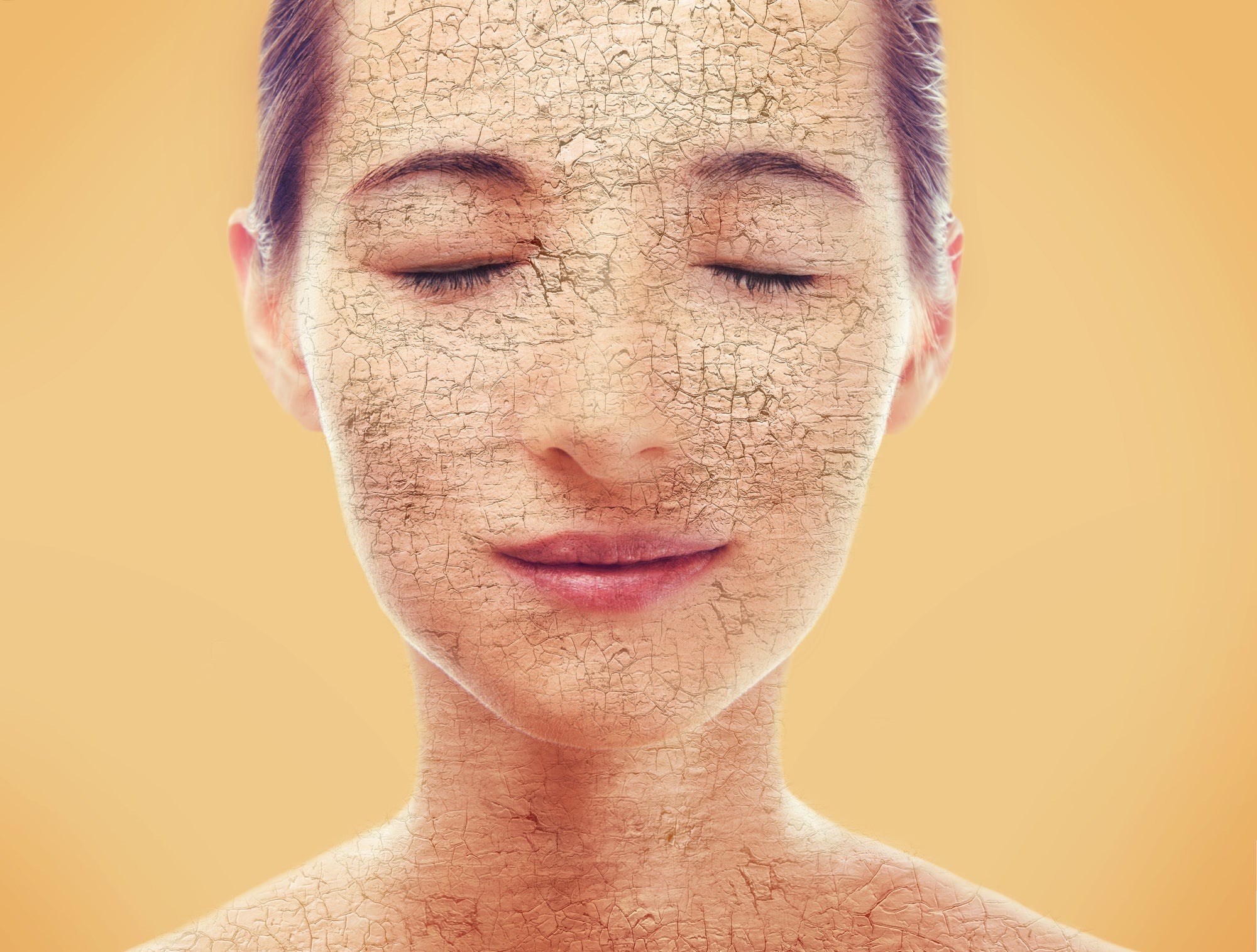

Signs Your Skin May Be Dehydrated You May Not See
Is your skin feeling itchy, dull, or in desperate need of hydration? It can be difficult for many of us to determine the underlying needs of our skin, particularly when it comes to skin dehydration. Skin dehydration is a discreet, yet surprisingly common, phenomenon that affects people of all ages and skin types. For those who are concerned about the state of their skin hydration, fear not! This blog is here to guide you through the ins and outs of skin dehydration and help you make sure your skin is happy, healthy, and, most of all, hydrated!
What is Dehydrated Skin?
Dehydrated skin is a skin condition caused by a lack of water in the skin cells. This occurs when your body loses more water than it takes in. Skin dehydration can be influenced by a number of external factors including weather, seasonal changes, diet, alcohol or caffeine consumption, and, most importantly, water intake. Each of these elements can impact the skin’s overall water content (i.e. its level of hydration.)
Signs of Dehydrated Skin
If you suffer from dehydrated skin your complexion may appear dull or uneven. Fine lines on your skin may appear more prominent and you might notice signs of aging, like a loss of skin elasticity. When your skin is dehydrated, your under-eye circles may look darker and more sunken. Dehydrated skin is also often itchy or dry, however this is not the same as suffering from dry skin (even though they sound so similar)!
Dehydrated Skin vs Dry Skin
Dehydrated skin can be often confused with dry skin, and while the two share some similar symptoms, in reality they are quite different. While dehydrated skin is a condition in which the skin’s water levels are lacking, and can thus affect anyone regardless of their skin type, dry skin describes a specific skin type that an individual may possess. Unlike dehydrated skin, dry skin is not influenced by the body’s water content but rather the lack of production of natural oils and lipids (aka sebum) which damages the skin barrier function and results in an overall dry appearance and texture.
Dehydrated skin typically appears dull and uneven with exaggerated fine lines, wrinkles, and under-eye circles. On the other hand, dry skin can appear red, irritated, itchy, or ashy, with skin tightness or deep cracks.
The differences between dehydrated and dry skin are important to understand, as they can help a person to identify the underlying issue with their skin and which treatment to seek out!
How to Test for Dehydrated Skin
If you suspect your skin might be dehydrated, one simple way to tell is by using a pinch test. Start by taking a portion of your skin, around the cheek area, and gently squeezing. If your skin appears wrinkled and/or doesn’t bounce back once you release it, your skin may be dehydrated.
You can also seek out your doctor or dermatologist to help you determine if your skin is dehydrated.
How to Treat Dehydrated Skin
While dehydrated skin can feel like a big concern, fortunately, it is fairly simple to treat. The first step you should take is to remember to drink plenty of water. Since water intake can depend on the person, an easy way to calculate the appropriate amount of water for you is to take your weight and multiply it by ⅔ (or 67%); this will tell you how many ounces of water you should drink per day. It is also important to remember to adjust your water intake based on your daily activity level. When in doubt, ask your doctor what amount of water is right for you.
However, there’s more to preventing and treating skin dehydration than simply drinking water, because not all the water actually gets absorbed into your skin cells. It’s essential to hydrate the skin from within, which can be done using hydrating vitamin supplements like our Lilium. Lilium is the perfect blend of all-natural vitamins and minerals made to provide healthy, hydrated, and glowing skin.
Another key step for treating skin dehydration is considering certain lifestyle changes. This can include:
- Consuming less alcohol and/or caffeine
- Avoiding/quitting smoking
- Getting 7-9 hours of sleep per night
- Exercising 3-5 times per week
- Eating more fruits and vegetables
It is also important to keep your skin hydrated from the outside by moisturizing daily. Our Rosa full body moisturizer is designed to provide hydration to help alleviate symptoms of both dehydrated and dry skin. Made with ultra-hydrating, natural ingredients like aloe vera, hyaluronic acid, vitamin c, and avocado oil, Rosa is perfect for keeping your skin moisturized in its dry or dehydrated moments.
Maintaining hydrated, glowing skin isn’t always easy. That’s why it’s important to know the signs and symptoms of conditions like skin dehydration to find a proper diagnosis and seek the appropriate treatment. Because, after all, everyone’s skin deserves to shine!
